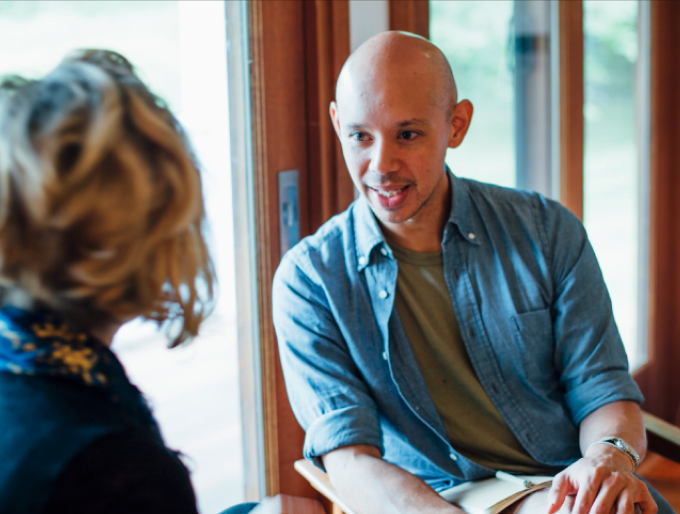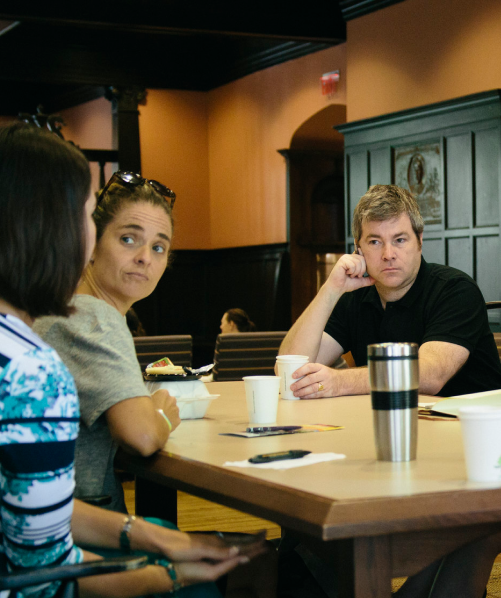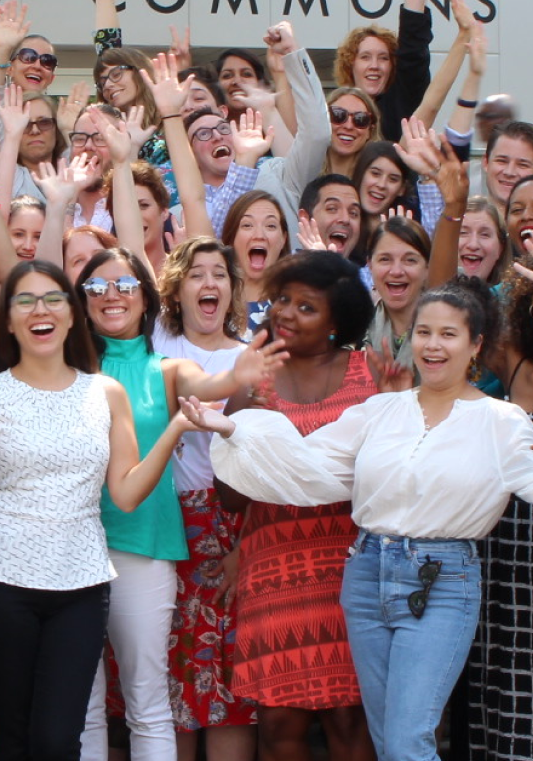Racial Equity Principles
NAS invests in building strong networks to assist leaders who wish to harness a collective brainpower in tackling the most pressing issues in the arts and culture field. Over the years, many leaders have come together in our program networks to propose solutions to problems that seemed too big or too complex to be addressed by any one individual.

As a first action, the group committed to drafting a set of racial equity principles. They then spent the next year following up on their conversations from Sundance to write, edit and refine their final draft. When they reconvened at the 2018 NAS Summit in Minneapolis, the group sought to share their principles and seek feedback and input from a broader group of NAS affiliates (including our funders, partners and alumni spanning all our leadership programs).
The Racial Equity Principles below are the result of deep and difficult conversations involving NAS, our alumni, our funders and our partners. They are posted here with the names of the organizations/entrepreneurs who have committed to adapting and adopting them into their work.


Because accountability is crucial in achieving racial equity – and because this group is a “doing” group, not just a “talking” group, our next step will be to create an online community where those working on adopting these principles can collaborate to offer support, tools and experiences with others.
Racial Equity Principles
Organizations/individuals who have adopted these principles and are working towards implementing them include:

- Torrie Allen, Oregon Shakespeare Festival
- Phillip Bahar, Chicago Humanities Festival
- Jenny Bilfield, Washington Performing Arts Society
- Priscilla Block, St. Louis ArtWorks
- Julie Decker, Anchorage Museum
- Laurie de Koch, Seattle JazzED
- Ruth Dickey, Seattle Arts & Lectures
- Steven Ginsburg, Autorino Center for the Arts and Humanities, University of Saint Joseph
- Scott Harrison, Los Angeles Chamber Orchestra
- Suzan Jenkins, Arts and Humanities Council of Montgomery County
- Jennifer McEwen, Town of Hilton Head Island
- Alissa Novoselick, Living Arts
- Drew Ogle, Nashville Repertory Theatre
- Teal Thibaud, Glass House Collective
- Sunny Widmann, National Arts Strategies